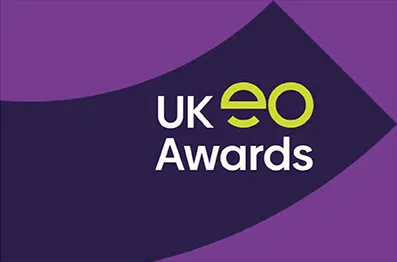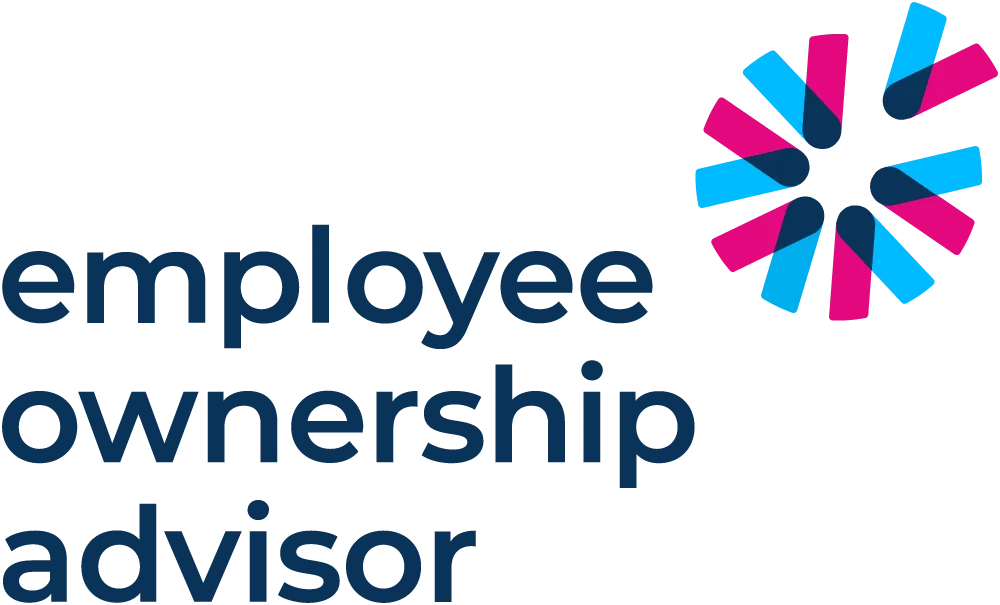In the 21st century businesses adopt many different strategies to recruit and then retain staff. This includes features such as employee benefits and flexible working as part of a standard remuneration package. But employee ownership trusts (EOTs) are a more comprehensive solution which links loyalty and commitment to the overall performance of a business, and hence has benefits for both the employee and the employer.
What is an EOT?
An EOT is a business structure introduced by the UK Government in 2014. It allows a business to become owned by its employees, who become partners in the business and hence can share in profits and have a say in how the business is run. While this has clear benefits for the employee in terms of the financial shares and dividends they can earn, it also benefits the employer in terms of employee retention and reducing recruitment costs.
Why is staff turnover a problem for a business?
Most businesses experience a ‘churn’ of staff to some degree, which is the natural turnover of staff who move onto other organisations. This could be due to age, performance or career ambitions, but to some extent is inevitable. However, high staff turnover can be costly to a business in terms of:
- Recruitment costs – Cost of hiring, interviewing, training etc in terms of time and finances
- Morale – Other staff can become concerned, envious and demotivated by colleagues regularly leaving for pastures new
- Productivity – A workforce that is unmotivated and disengaged does not perform to its optimum abilities
- Customer experience – This ultimately impacts on the service or product the customer receives.
How does employee ownership help to retain employees?
The basis of employee retention through an EOT model is the concept of ‘long term incentives’. This means that, through an EOT, the business is offering the employee a share of the profits in the company and therefore should expect a long-term commitment and ‘buy-in’ in return. In effect, the business is not just employing a person’s labour and their associated skills and experience, but it is also employing their capital.
An EOT is a share-based incentive and since this was formalised in 2014, it provides a regulatory framework which protects the employee and provides a legal structure which can be adopted by different organisations in different industrial sectors. An EOT protects employees by controlling who shares the profits of a business (an employee has to be in continuous employment for up to 12 months to be eligible) as well as offering a long term solution to succession planning. Employees do not individually own shares in the business but are the beneficiaries of a Trust which owns the business and the employees will receive profit distributions based on the profitability of the business. The more profitable the business, the more the employees can earn.
There are currently nearly 500 EOTs in the UK, and it is expected that in the near future this kind of business structure could become the norm, particularly because younger generations are growing up with different expectations of their employer, and bigger demands in terms of incentives and flexibilities. So EOTs can soon become not just a staple part of a renumeration package, but a status of employment, and the motivation for this increase in EOTs is coming both from businesses and employees. Because businesses recognise the value in retaining good staff and having a fully engaged workforce.
Advising on the benefits of an EOT
Employee incentives within an EOT can also include link-based goals and targets, so the employee has transparency on how their performance directly impacts on share value. This has the ultimate result of engaging employees to boost talent retention while also maximising share value. You can speak to our experts at the Employee Ownership Advisor on how best to achieve this and how you can truly formulate a ‘culture of ownership’, where the concept of ownership is not just financial, but also emotional.
Complete this form and one of the team will get back to you.
"*" indicates required fields



